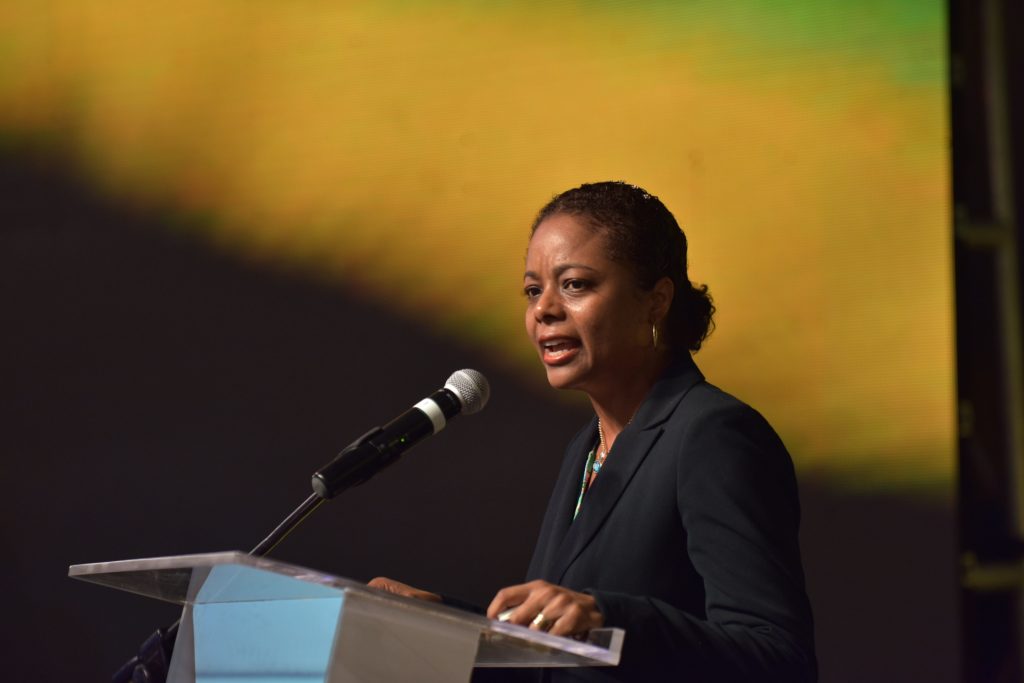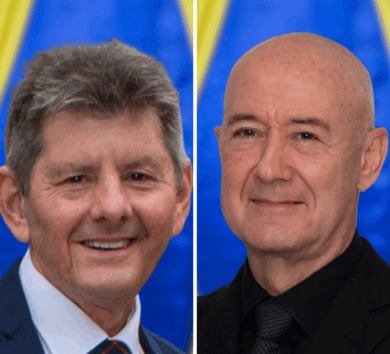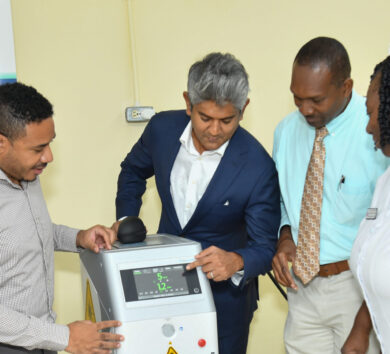

Arguing that more stakeholders must be involved for Jamaica to fully benefit from the 15-year-old Proceeds of Crime Act (POCA), Legal and Constitutional Affairs Minister, Marlene Malahoo Forte, this week, placed her support behind a call for more wide-scale collaboration in utilising the legislation.
Malahoo Forte was speaking yesterday (February 1) during day one of a two-day biennial conference hosted by the Financial Investigations Division (FID) of the Ministry of Finance and the Public Service at The Jamaica Pegasus hotel in New Kingston.
The conference is being held under the theme, ‘Widening the use of Proceeds of Crime Act (POCA) through collaboration’.
In her message, Malahoo Forte said: “As I thought about the topic of widening the use of the Proceeds of Crime Act (POCA), I reflected on what was foremost in my understanding of POCA when it was passed back in 2007, and that was the criminal lifestyle aspect.”

Such a lifestyle, she explained, is one where criminals within the public or private sector benefit financially from their actions of thievery.
“And so, it stands to reason that the use of the POCA cannot and should not be limited to the FID,” added the minister, suggesting that the FID, as a single body, should not be left alone in working to catch the criminals across the sectors when greater joint effort would see increased success.
Other speakers on day one of the conference included Selvin Hay, chief technical director of the FID; Dr Nigel Clarke, minister of finance and the public service; and keynote speaker, Professor Shazeeda Ali, dean of the Faculty of Law at The University of the West Indies, Mona.
During his presentation, Hay highlighted the event’s theme and its importance to the financial sector.
More than ever, we are seeing the crucial importance of collaboration with POCA as a central pillar for us in the financial sector.
Selvin Hay, Chief Technical Director, Financial Investigations Division
“The conference is a key part of a strategy that we have put in place to combat and prevent financial crime in its various forms. Bringing together like minds under unifying themes such as this provides an ideal means to exchange ideas, and glean learnings which should be applied and discharged as we execute our duties,” he said.
Hay continued: “The theme is most salient and timely given recent local events. More than ever, we are seeing the crucial importance of collaboration with POCA as a central pillar for us in the financial sector. Investigative and prosecutorial entities, regulators, competent authorities designated non-financial institutions, and the general public.”
His comments appeared to be in thinly veiled reference to the revelations of a massive, decade-long, multibillion-dollar fraud at investment firm Stocks and Securities Ltd (SSL).
In that fraud, which has sparked international attention due to sprint legend Usain Bolt being named among the victims, an estimated $3 billion was stolen from the accounts of at least 40 clients.
While a former wealth advisor at the company is suspected of being the perpetrator of the fraud, no one has yet been charged in the matter.
In his presentation, Clarke, also made reference to the SSL fraud, labelling it an event “of natural disaster proportions” and reiterating the Government’s stance that “no stones would be left unturned” to ensure that the defrauded victims receive justice.

Clarke also acknowledged that questions remained to be answered including why a clean bill of health was given to SSL when an audit was done in 2020 and while the theft of monies was taking place.
“There are questions to be answered as to why this wasn’t detected by external auditors, by special auditors, by internal auditors, over a long period of time,” Clarke said.
THE POWER OF PARTNERSHIPS
In her keynote address, Ali echoed the call for collaboration among public and private sector entities in working with the FID to efficiently reduce or prevent financial crimes.
“We all want to see a reduction in financial crime and so it is important that we foster cooperation and collaboration between the public sector and the private sector,” Ali said.
“We need stakeholders working together in the enforcement of legislation, as well, to ensure that our common objective is obtained. So, we need to work together for gathering information, analysing data, investigating, prosecuting and of course asset recovery,” the professor said, hinting that pooled efforts across sectors would yield greater success.
GONE HYBRID
She spoke about the “PPP partnership” to attain the goal of reducing financial crime. These are: public-private partnerships, private-private partnerships, and public-public partnerships to have a more rounded and inclusive approach to reducing financial crimes among all the sectors.
The biennial event, which ends today (February 2) and was last held in 2018, is for the first time being hosted in a hybrid format.
The POCA replaced the Money Laundering Act (MLA) and is among legislation established to combat financial crime.
Send feedback to [email protected]







Comments